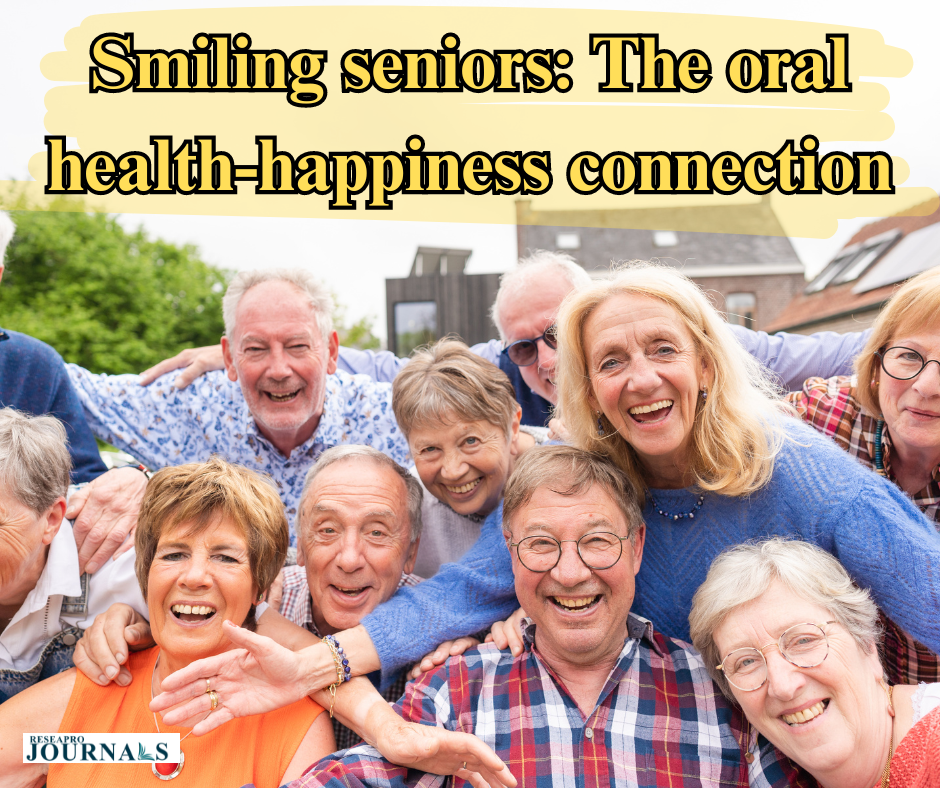
Recent research has unveiled a compelling correlation between oral health and happiness among older adults. A study conducted by researchers at a prominent university found that individuals aged 65 and above who reported better oral health also exhibited higher levels of overall happiness and life satisfaction. The study, encompassing a diverse sample size, revealed that participants with fewer oral health issues, such as tooth loss, gum disease, or oral pain, tended to report greater feelings of contentment and well-being.

This link between oral health and happiness can be attributed to various factors. Maintaining good oral hygiene not only prevents discomfort and pain but also fosters confidence in social interactions, promoting a positive self-image and mental well-being. Furthermore, the ability to enjoy a varied and nutritious diet, facilitated by proper oral health, contributes to overall physical health and vitality, which are integral components of happiness in older age.
In conclusion, the findings underscore the importance of prioritizing oral health as a means to enhance the quality of life and happiness among older adults. By emphasizing preventive dental care and addressing oral health issues promptly, healthcare providers can play a pivotal role in promoting not only physical health but also emotional well-being in this demographic. This research highlights the interconnectedness of oral health and happiness, paving the way for integrated approaches to holistic geriatric care.
